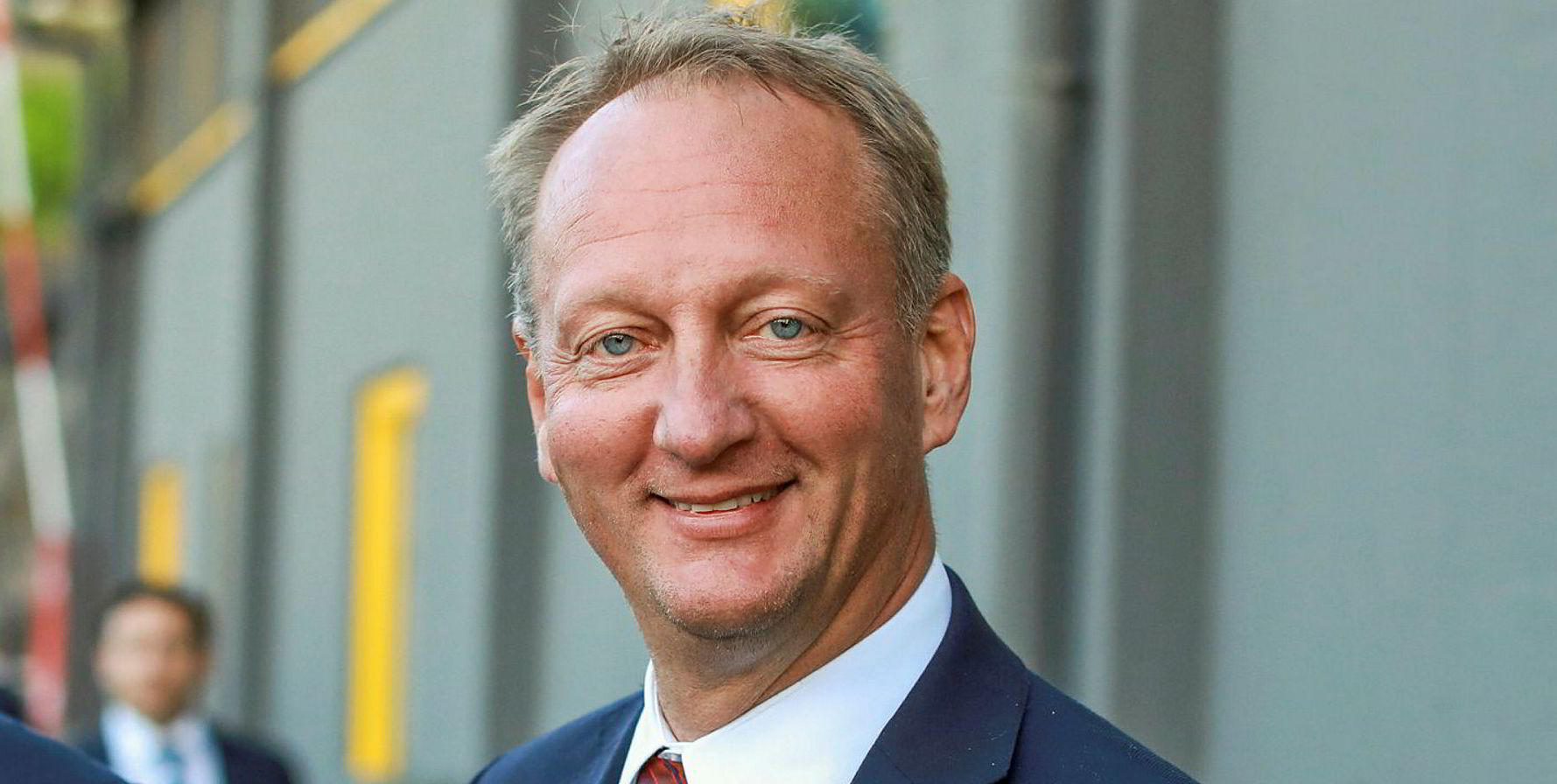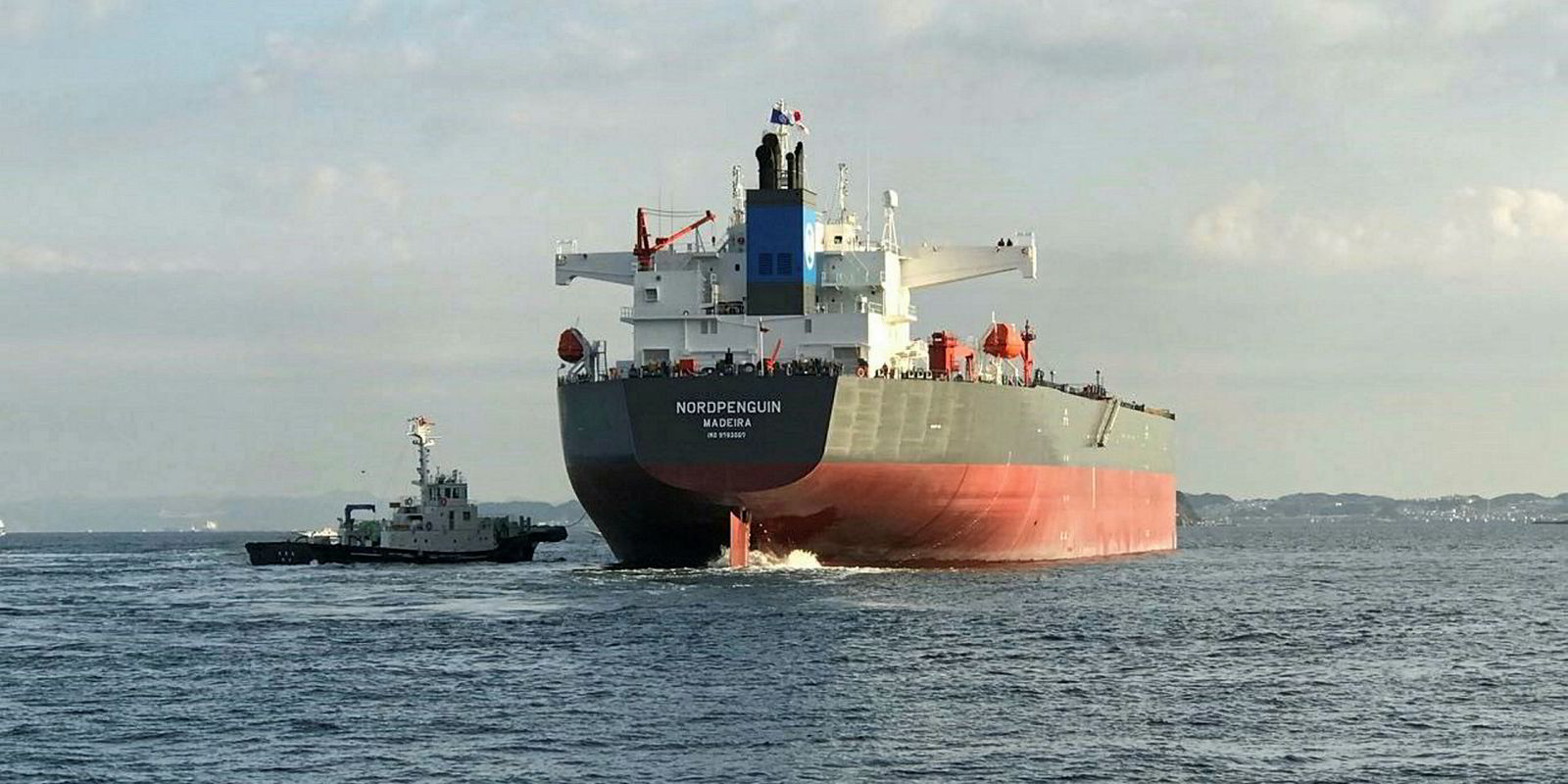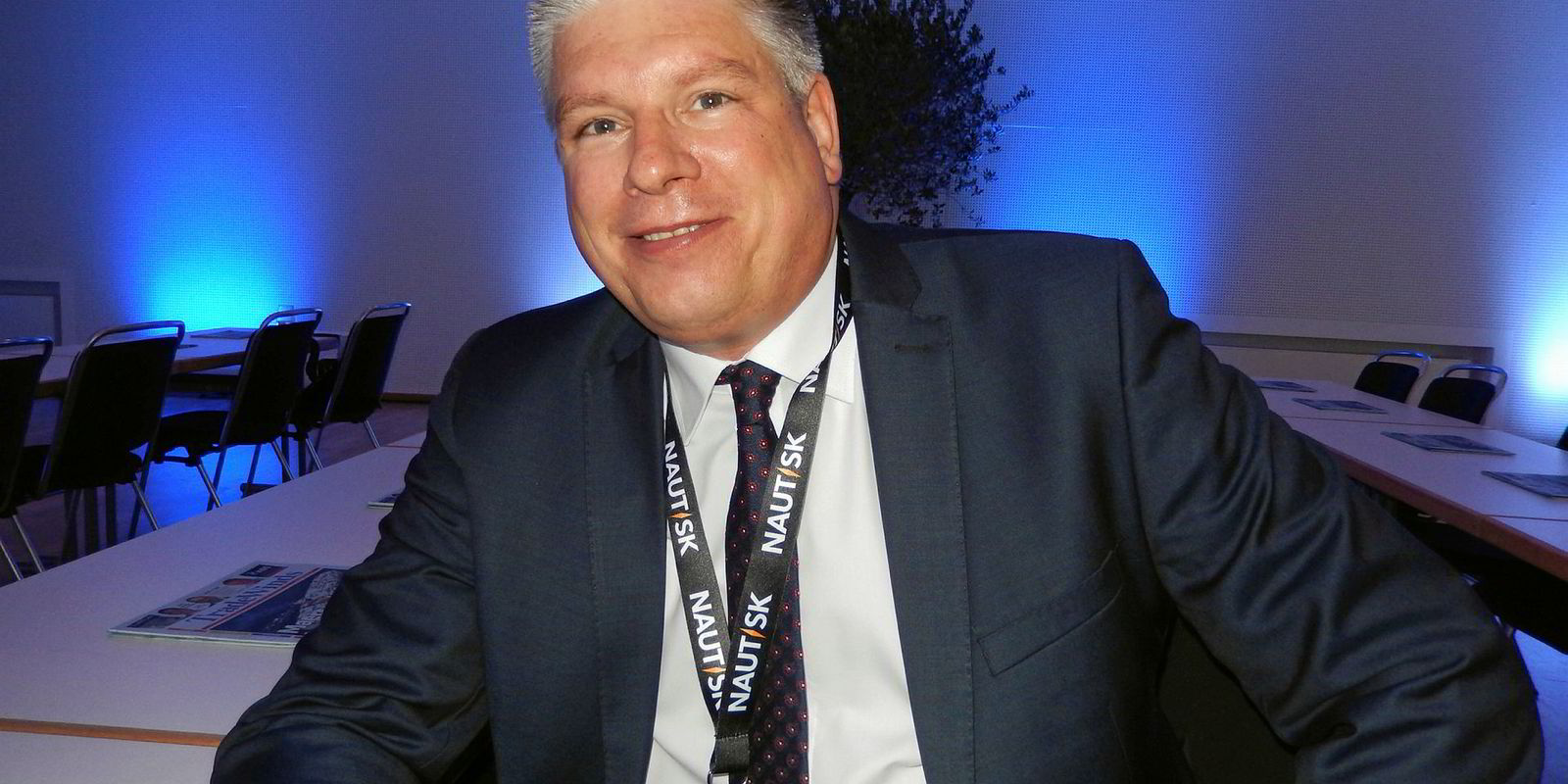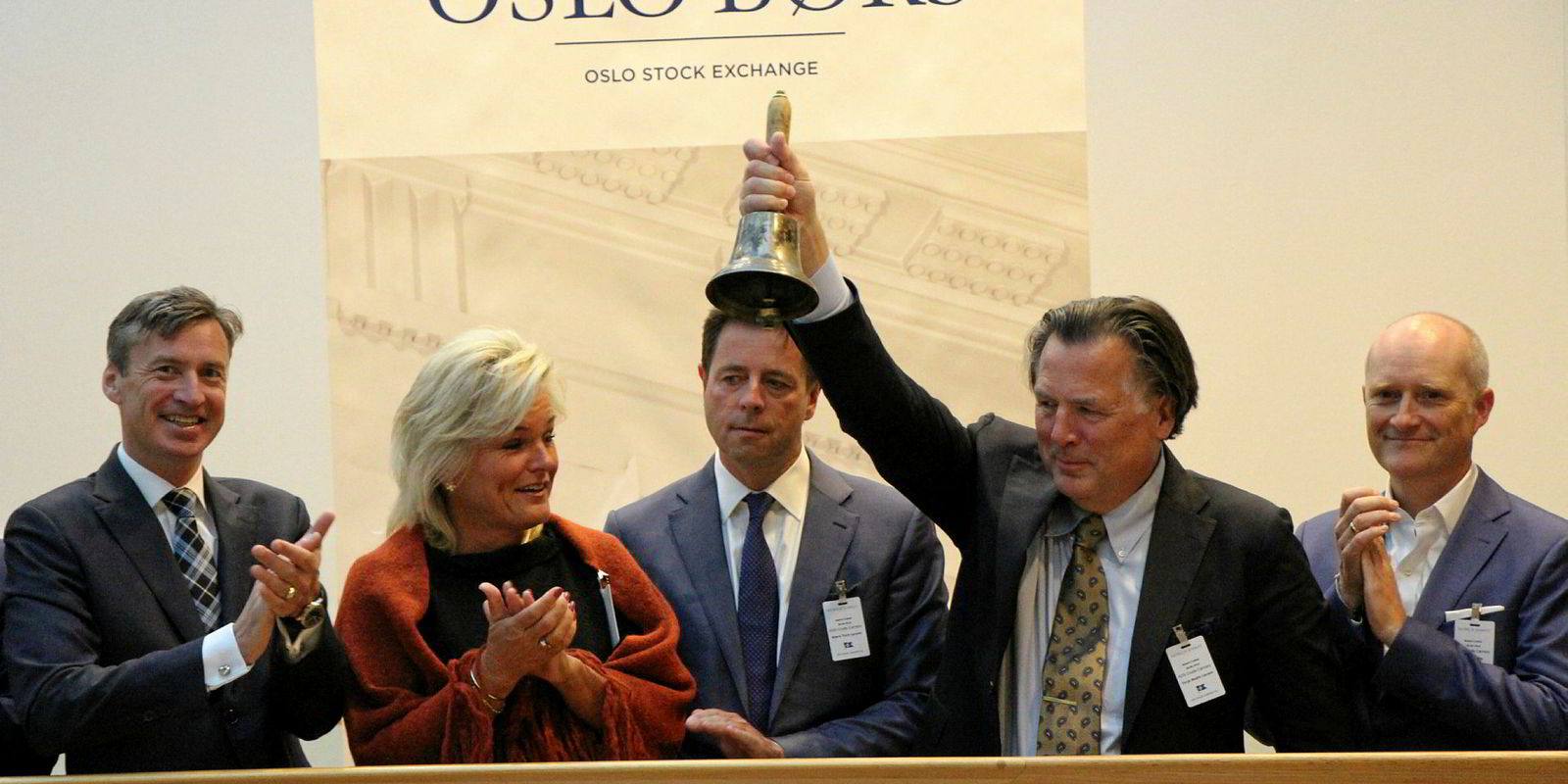Shipmanagement companies are sensing an opportunity as the industry gears up for the introduction of the IMO's 2020 legislation.
Tanker owners have drawn parallels between the new rules and the introduction of the Oil Pollution Act 1990 (OPA 90) in the US, which led to the phasing out of single-hull vessels.
While the demolition stemming from OPA 90 was beneficial to the freight market, the arrival of more complex rules helped the growth and maturity of third-party shipmanagement services.
If tanker owners are seeing history repeat itself, with IMO 2020 expected to lift freight rates, might shipmanagers be experiencing a similar sense of deja vu?
“It’s an excellent question if IMO 2020 will lead to another level of outsourcing, as it does add to the complexity of managing a ship,” Anglo-Eastern Univan chief executive Bjorn Hojgaard says. “It adds to the difficulty of meeting those regulatory requirements while further commoditising the market.”
Shipmanagement has come of age
Hojgaard says the pipeline of legislation since OPA 90 is one of the reasons shipmanagement has come of age.
“To be able to meet all of these new requirements takes expertise, it’s not simple,” he adds. “That expertise comes out of depth of organisation. I think this is what shipmanagement companies do well."
Manish Singh, director of corporate development at V.Group, says it is already working with clients in preparation for IMO 2020. It sees opportunities in helping them control capital and operating expenditure under the new rules, while providing scrubber analysis and installation planning through to testing, specific training and knowledge sharing.
“For the shipmanagement industry as a whole, yes there will be an opportunity to deliver timely 2020 solutions for those players who have the scale, knowledge and resources to deliver turnkey projects,” he says.
OSM Maritime Group of Norway has also tapped into that trend, launching a scrubber-fitting business, helping owners assess their needs and reviewing various 2020 solutions, says chief executive Geir Sekkesaeter.

“That is a business we see is picking up," he says. "We have around 10 customers who are looking at the different alternatives. I see these new regulations as an opportunity. The more complicated it gets, the more likely we are to get more business because it will be more difficult for operators.”
Wallem Ship Management managing director David Price sees IMO 2020 as an opportunity. His company has been supervising newbuilding projects in China for more than a decade and set up a local team in 2015 to provide flexible solutions for a range of vessels.
Little sector shake-up expected
While new avenues of business are appearing, experts caution the new rules are unlikely to shake up the shipmanagement sector in the same way as it is forecast to enliven the freight markets.
Wilhelmsen Ship Management chief executive Carl Schou is more cautious. While he would expect and welcome IMO 2020-related business, and the company has experience working with scrubbers on existing ships, he believes the level of new business demand will be moderate.

“We do advise if the owner wants to install a scrubber,” he says. “To be very honest, there is not a lot of advice to give. Either the business case is there to install the scrubber or it’s not. It depends on how much fuel your vessel consumes or the trading patterns.”
Thome Group chief executive Olav Magnus Norton agrees, suggesting he does not think the legislation will signal a significant shift — from a management perspective — in vessels from one place to another.
“There may be an opportunity if this turns out to be really challenging where the best managers get more business, but I don’t see that coming,” he says.
Hojgaard concludes that while Anglo-Eastern Univan and its peers will not make the decision on fitting scrubbers, it does have expertise on how to run the kit as well as the requirements and risks involved.
“In a way, joining a company like Anglo-Eastern, you are joining a club,” Hojgaard says. “You are joining together with a lot of other owners to club resources and learn from each other questions and experiences, and get the most out of a small fleet by pooling with other like-minded owners.”







